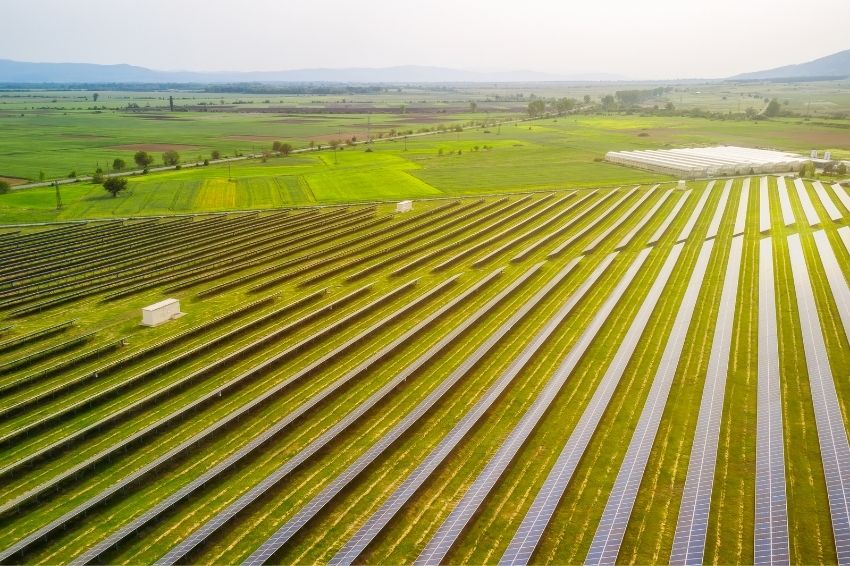Celebrated this Wednesday (28), Farmer's Day has plenty of reasons to celebrate. The GDP (Gross Domestic Product) of Brazilian agribusiness grew again in 2020, which allowed many producers to continue investing in the use of solar energy to obtain better performance in their results.
According to data from ANEEL (National Electric Energy Agency), the rural sector already represents around 13.2% of Brazilian solar power, with more than 820 MW installed.
This is a number almost twice as high as compared to the same period last year, when the sector had recently reached the mark of 440 MW of power with photovoltaic energy. In 2019, this rate was even lower: 133 MW.
The increase in demand for solar panels among rural producers makes sense when analyzing the demand for electricity in this sector. These are services such as electrification of fences, irrigation, heating and water pumping, machinery, lighting, in addition to routine activities involving domestic appliances, alarms, air conditioning and electronic gates.
In addition to meeting the demand of farms, solar energy also allows more independence for rural producers who are protected from variations in energy tariffs, which occur both due to frequent increases in electricity bills and during periods of water crises.
The reduction in electricity bills contributes, for example, to gains in productivity and efficiency, as the producer can invest the amount saved in energy in their own business.
Financing
Increasingly, solar energy is receiving new lines of financing from banks and credit unions, with very attractive rates and different payment terms.
An example of this is the Federal Government's ABC Program (Program for Reducing Greenhouse Gas Emissions in Agriculture), which offers interest rates of 5.5% and 7% per year, in addition to a grace period of up to eight years and a period of up to 12 years for payment.
In addition to federal programs, there are also partnerships with private companies in the sector. Photovoltaic equipment manufacturer Renovigi Energia Solar, for example, began providing conditions for purchasing photovoltaic systems through BB Seguros' Broto business platform this year.
The partnership offers credits to obtain systems for individuals and legal entities. Products include items such as on-grid and off-grid generators, single-phase and three-phase inverters, as well as roof and ground mounting structures.
















